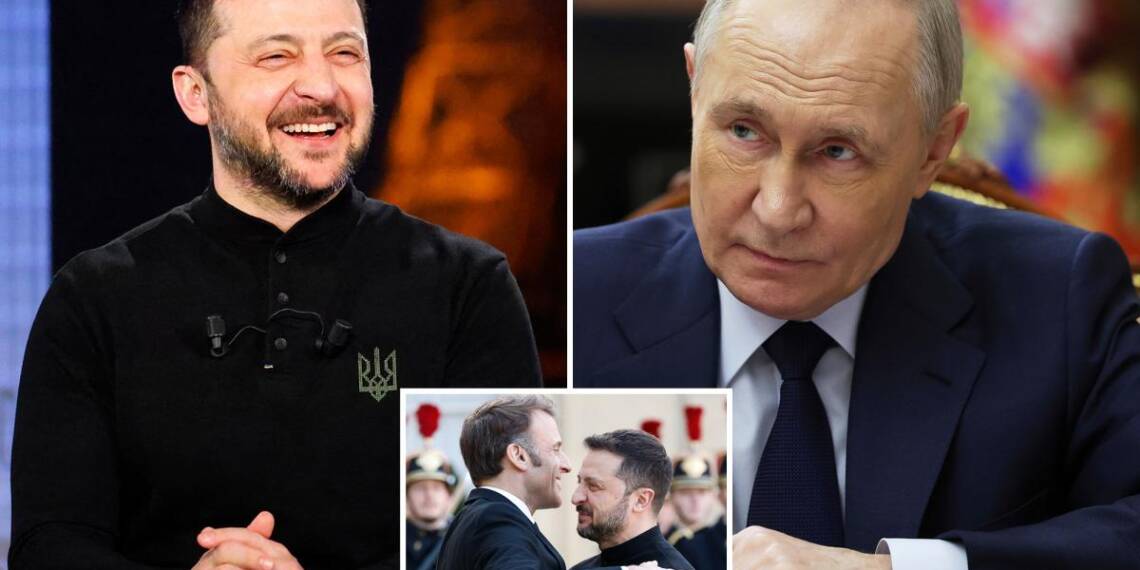Italian authorities have arrested a Ukrainian national suspected of involvement in the 2022 sabotage of the Nord Stream gas pipelines. The man, identified by German prosecutors as Serhii K., was detained in the coastal province of Rimini following a European arrest warrant issued by Germany.
According to a statement from the German Federal Prosecutor’s Office, Serhii K. is believed to have played a key role in orchestrating the coordinated underwater attacks that severely damaged the Nord Stream 1 and 2 pipelines in the Baltic Sea.
The Nord Stream pipelines—comprising Nord Stream 1 and Nord Stream 2—were critical pieces of energy infrastructure that directly connected Russia to Germany through the Baltic Sea. Their primary purpose was to transport large volumes of natural gas from Russia to Western Europe, bypassing traditional transit countries like Ukraine, Poland, and Belarus.
Nord Stream 1 became operational in 2011 and had the capacity to deliver up to 55 billion cubic meters of gas per year. Nord Stream 2, completed in 2021 but never activated due to political opposition, was designed to double that capacity.
With Nord Stream, Russia could bypass Ukraine, reducing Kyiv’s political leverage and depriving it of roughly $2 billion annually in transit fees. The project was strongly opposed by several EU member states, the U.S., and Ukraine, who viewed it as a geopolitical weapon rather than a mere economic venture. The U.S. imposed sanctions on entities involved in Nord Stream 2, arguing it increased European dependence on an authoritarian regime.
When the pipelines were sabotaged in September 2022, amid Russia’s war in Ukraine, the attack not only disabled vital infrastructure but also sent a clear signal about the fragility of Europe’s energy networks. Although Nord Stream 2 had never been brought online, the damage to Nord Stream 1 signified a permanent rupture in energy relations between Russia and the West.
Undercover Operation via Yacht
Russian President Vladimir Putin had labeled the pipeline explosions as an “unprecedented act of international terrorism”. Russia had also proposed a UN Security Council resolution calling for an independent investigation into the incident; however, most members abstained, in a way succpering any moves for an investigation.
However now after the arrests in Italy the investigation is revealing alleged details of the attack which show that a team of six individuals, including Serhii K., used a rented yacht to carry out the operation. The vessel, chartered from the German port of Rostock under false identities, was allegedly used to transport diving gear and explosives to the site of the attack. The group is accused of planting explosive charges on the pipeline infrastructure on or around September 26, 2022.
The blasts, which occurred near the Danish island of Bornholm, destroyed three out of four Nord Stream gas lines, triggering large-scale methane leaks and disrupting the flow of Russian natural gas to Europe.
Initial investigations were launched separately by Sweden, Denmark, and Germany. While the Scandinavian countries have since closed their cases without identifying perpetrators, Germany continued its inquiry, culminating in this week’s arrest.
Serhii K. is expected to be extradited to Germany, where he will face charges including conspiracy to cause an explosion and destruction of critical infrastructure. German authorities emphasized that the arrest marks a “significant step forward” in uncovering those responsible for one of Europe’s most high-profile acts of infrastructure sabotage in recent history.
Geopolitical Implications
The Nord Stream incident has been the subject of widespread speculation and competing theories, with blame variously attributed to state actors and covert operatives. Some Western media outlets, citing anonymous sources, have linked the sabotage to Ukrainian military personnel, though Kyiv has consistently denied any involvement. Ukrainian President Volodymyr Zelenskyy previously dismissed such claims as disinformation aimed at undermining Western support for Ukraine.
Despite these denials, investigative reports—including joint publications by The Washington Post and Der Spiegel—have raised questions about the possible role of Ukrainian-affiliated individuals in coordinating the attack.
To date, Serhii K.’s arrest represents the most substantial development in the investigation. Legal proceedings in Germany are expected to shed further light on the operation and its alleged perpetrators. The news is sure to cause considerable repercussions. Russia had been pushing for an investigation into the huge attacks, and now a Ukrainian role is being uncovered which may inflame the situation even further. Russia, Ukraine, Europe and the world will now have their eyes on this investigation now.








